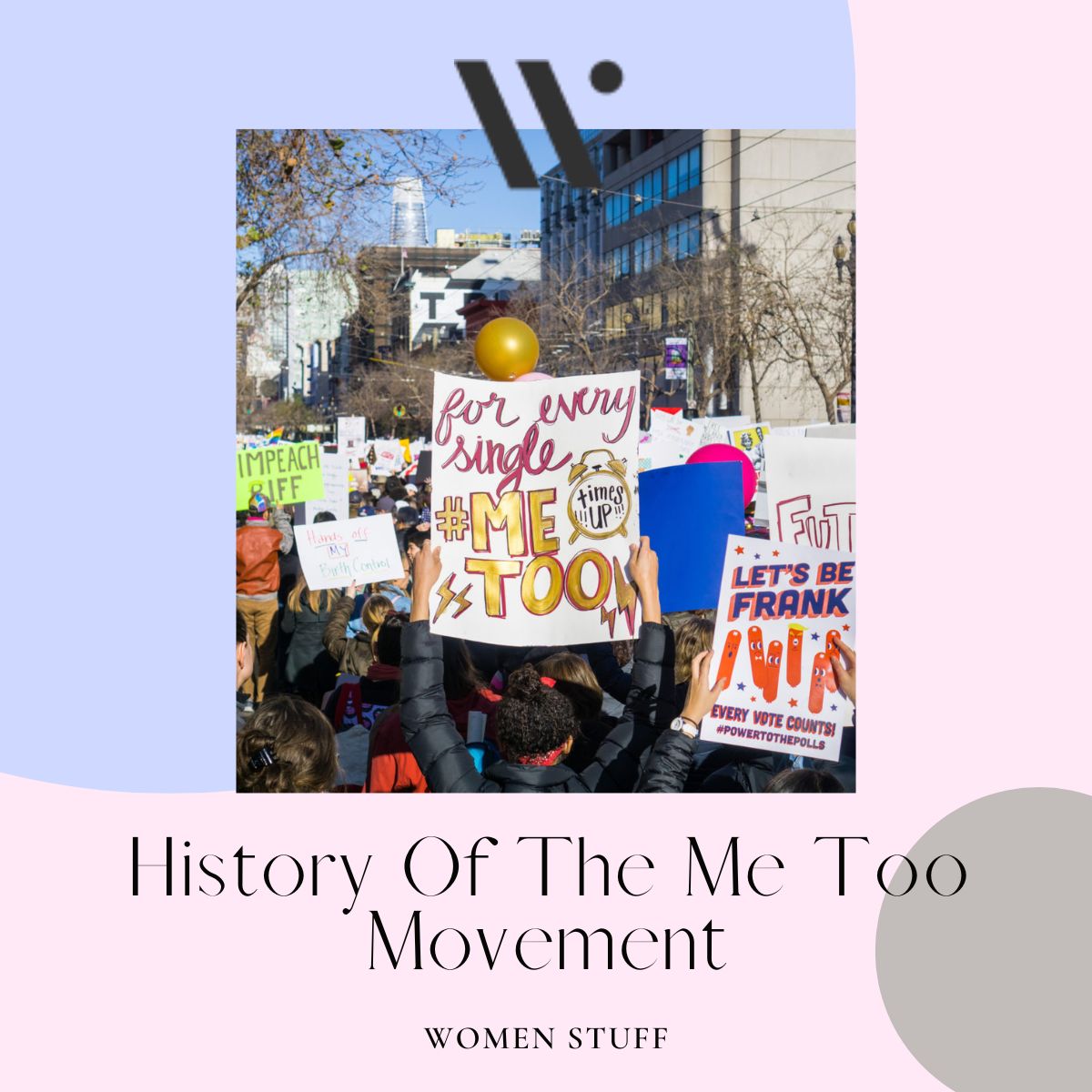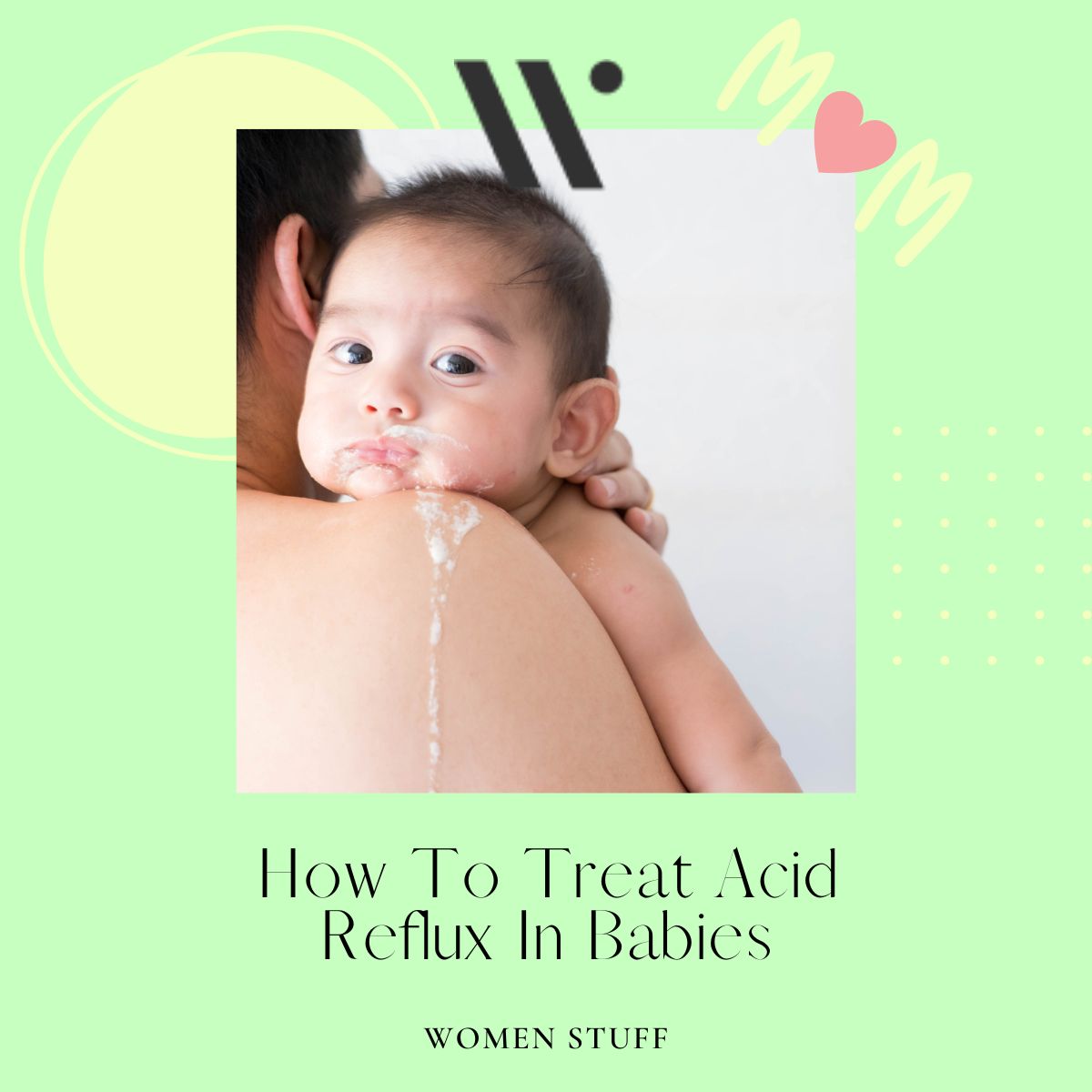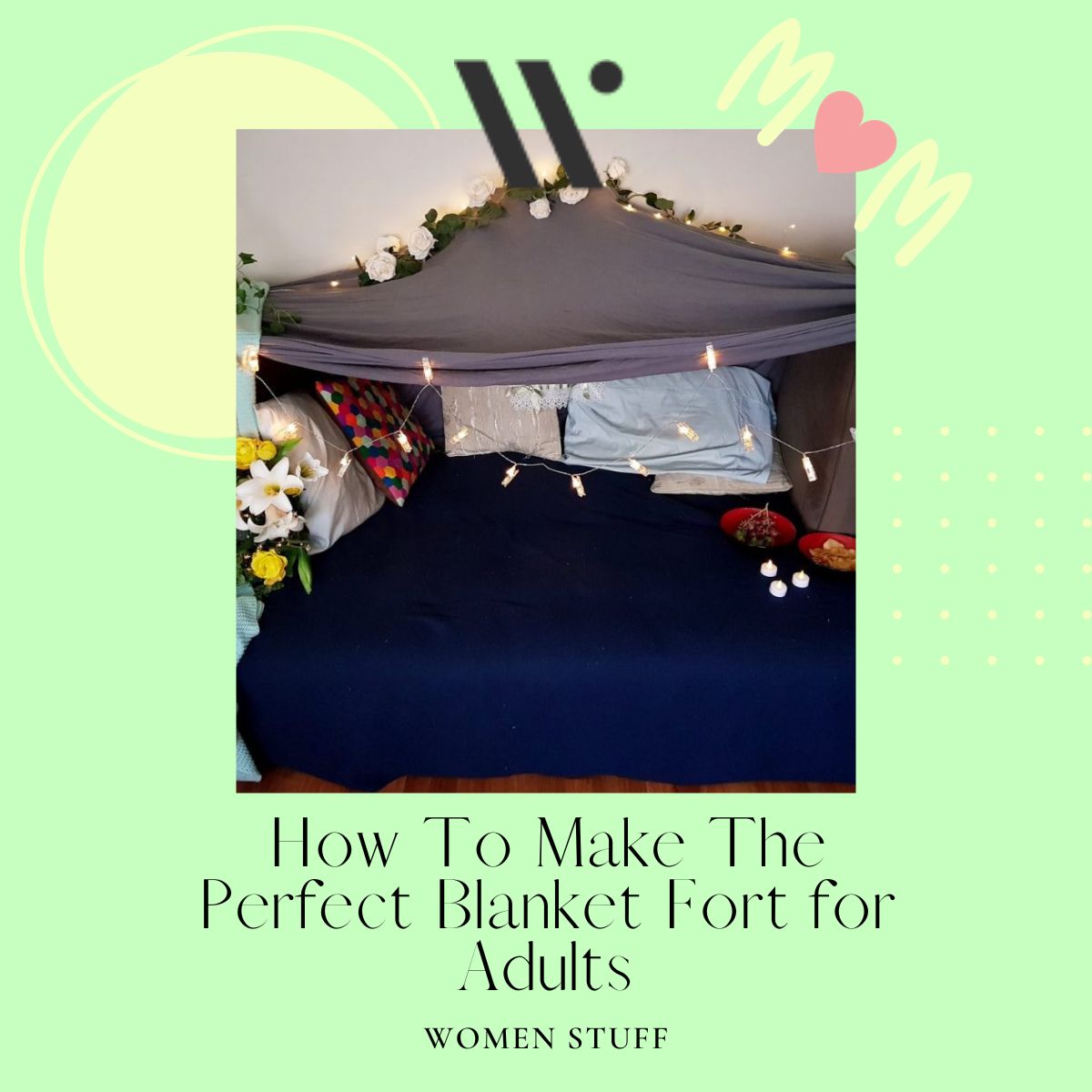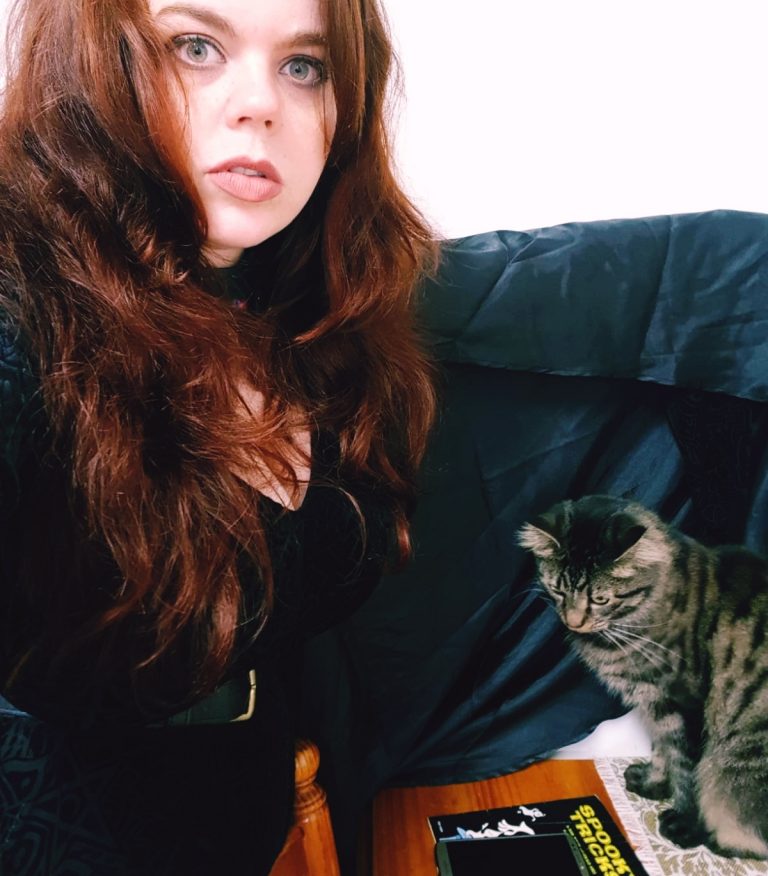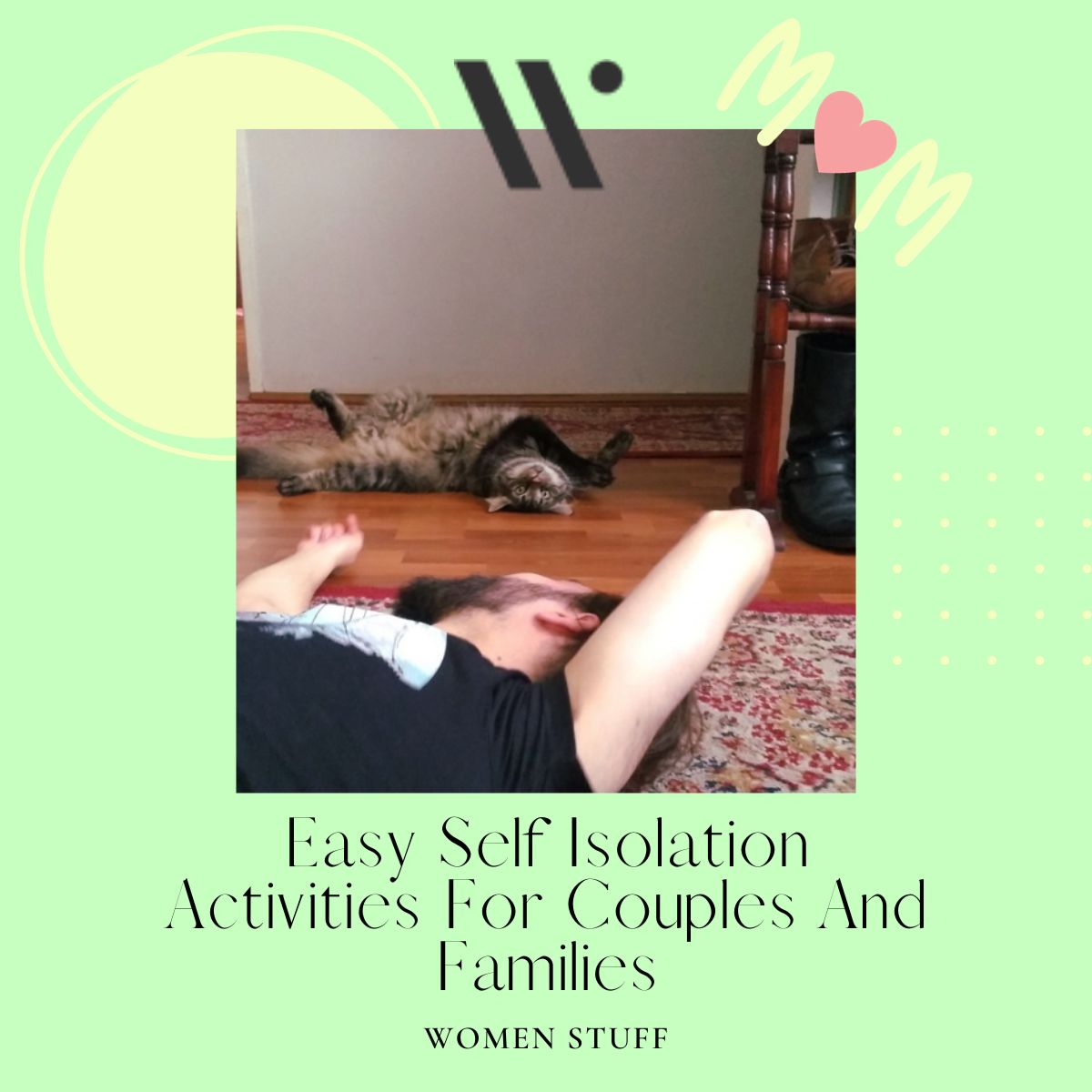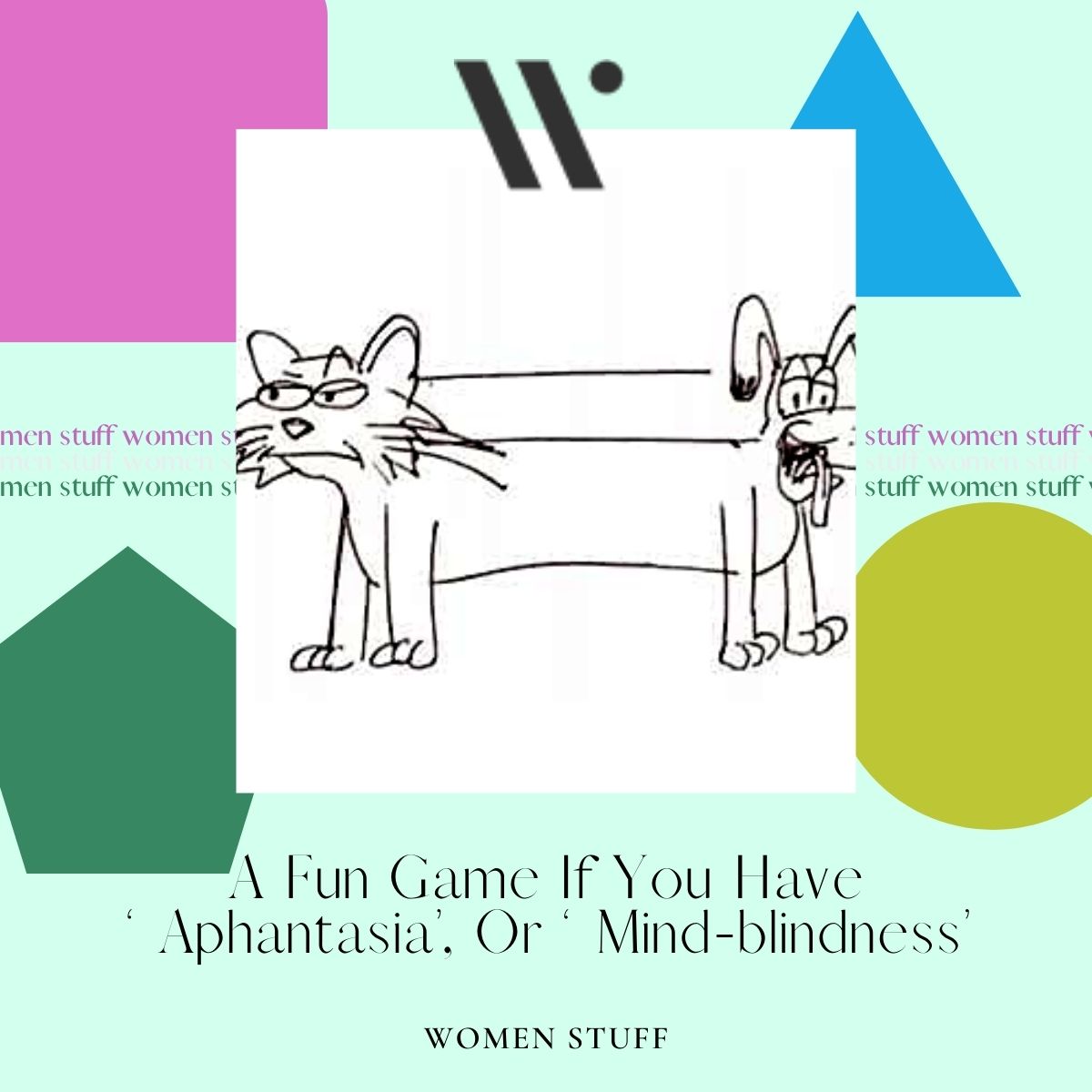History of the Me Too Movement
History of the Me Too Movement Sexual abuse has always been one of the most sensitive topics across nations. And the most common victims of it are women. An article from the UN recently stated that a third of all women
Things to Do in Manila Philippines with Kids
The Philippines is the epitome of hospitality and beauty. A developing country with thousands of tourist attractions and bountiful things to do, it is one of the hotspots for adventure and escapades. Manila is the capital city of the Philippines.
Things To Do in Sydney With Kids
Sydney is Australia's biggest city and is home to some big attractions! Sydney is jam-packed with family-friendly activities. From theme parks, zoos, museums and beautiful beaches. Here are the best things to do in Sydney with kids to help them burn off
How To Treat Acid Reflux In Babies
Acid Reflux in babies occurs when food moves from the stomach into the esophagus (food pipe). Reflux is common in babies as they have short esophagus and underdeveloped lower esophageal sphincter (LES). The LES is a muscle that usually prevents food
How to Make the Perfect Blanket Fort for Adults
And we’re back. Back in lockdown. At least if you live in Victoria like us. Being stuck in the house is, as always, forcing us to get creative with date ideas. Getting a bit tired of the same four walls
Easy Magic Tricks to Show Your Date or Your Kids
Doesn’t everyone dream of going on a magical date? One of my weird life tips is to know a little bit of magic. If there’s ever a time where you need to grab the attention of a group of people, you’ll
Where in the World is Anything? A Free Educational Game to Play at Home
What You’ll Need (Minimum): A printed world map (no labels) x2 A list of countries (preferably current) A device with access to Youtube and Google Maps A current atlas/world map (optional) Knowledge of geography (also optional) It’s a massive world
Local Cat Nature Photography Game
When you’ve lived in the same place for a while, walks around your neighbourhood can feel a bit droll. The remedy? Cat photography. Don’t like cats? Don’t let me lose you just yet. A short while ago, Dion and I spent about a
Easy Self Isolation Activities for Couples and Families
With much of society going into lockdown due to the COVID-19 virus, many of us are finding ourselves suddenly cooped up at home. You might be working from home for the foreseeable future, or not at all in the case
A fun game if you have ‘aphantasia’, or ‘mind-blindness’
What You’ll Need (Minimum): Writing Implement x 2 Paper x 2 Nostalgia x 2 A few years ago, I realised I have a condition known as ‘aphantasia’, or ‘mind-blindness’. Essentially it means that I can’t visualise — when I try to picture something, all



